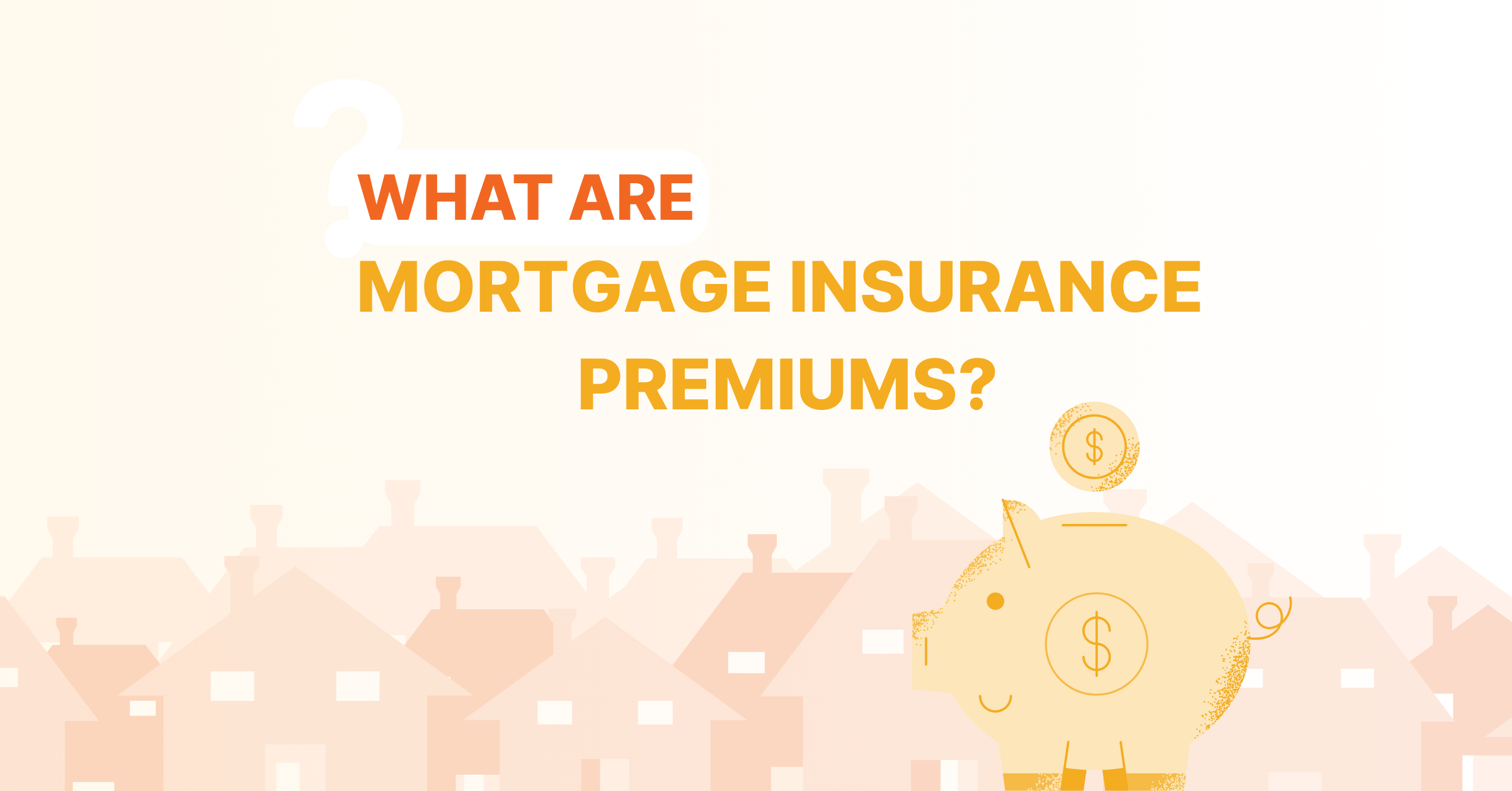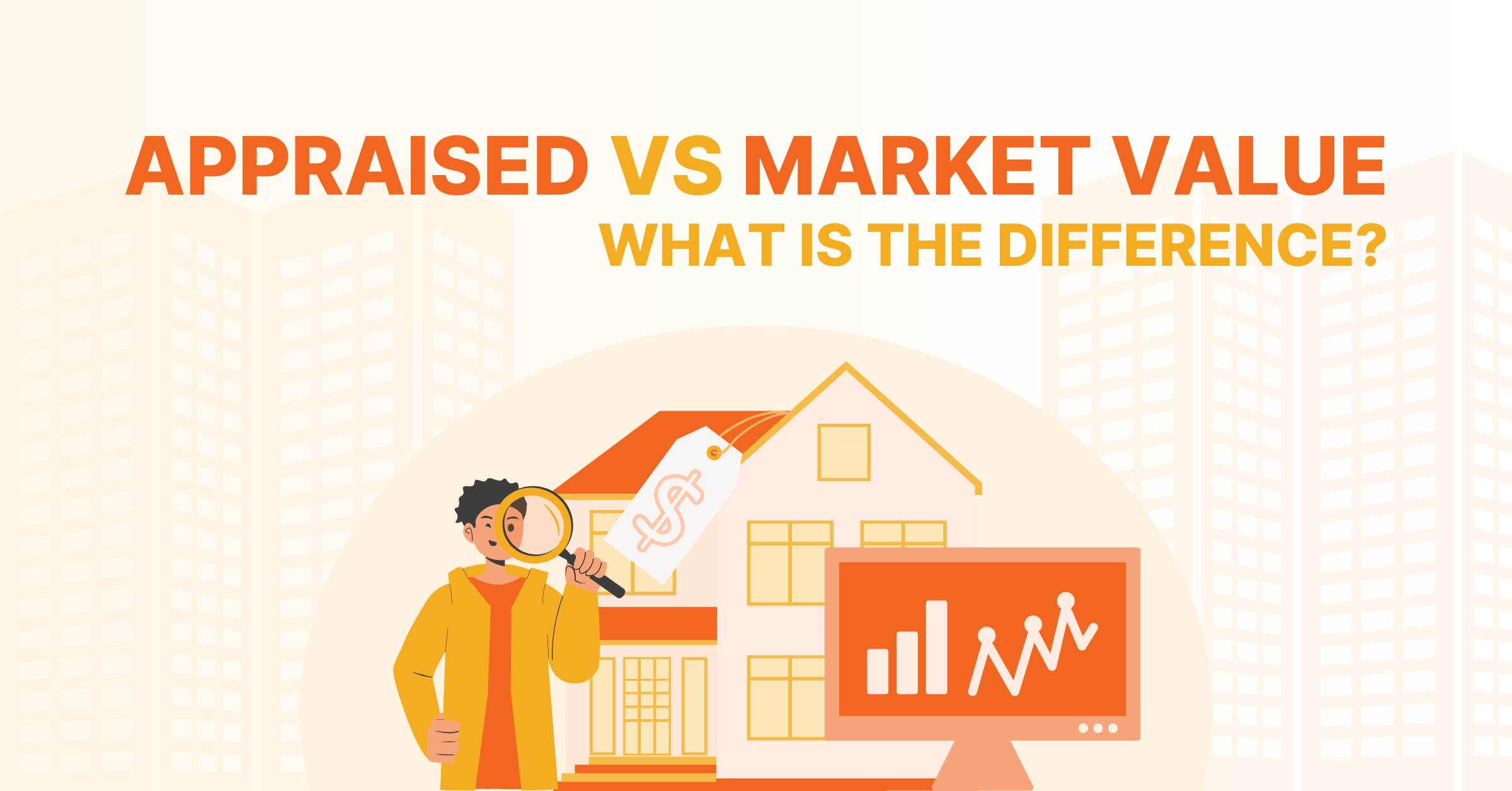Even in a volatile market, real estate investing can be an excellent resource to invest in for earning passive income, creating generational wealth, and ditching your “9-5” position so you can be your own boss.
If you’ve been considering taking the leap, you may be wondering what your options are for investing in real estate, what the pros and cons are, and how to get started. In this article, we will cover these popular questions while giving an overview of real estate investing (REI) and pointing you toward additional resources to help you get the most comprehensive understanding of the industry.
Table of Contents
- What is Real Estate Investing (REI)?
- Types of Investment Properties
- What Are the Benefits of REI?
- What Are the Disadvantages of REI?
- REI Vs. Other Forms of Investing
- How to Get Started
What is Real Estate Investing (REI)?

Real estate investing refers to the purchase of property as an investment to generate income rather than using it as a primary place of residence.
This can include residential and commercial properties, land, or any other form of property that can be categorized as unchanging over time yet transferable. The three main branches of REI are buy and hold, fix and flip, and wholesaling. However, real estate investment trusts (REITs) are also an option for getting your foot in the door as a new investor.
Buy and Hold
The buy and hold branch of REI functions exactly as it sounds - an investor (buyer) purchases a property and holds onto it as it appreciates in value, collecting passive income from the property for the duration of their ownership.
Within the buy and hold branch are two options: long-term and short-term rentals. Long-term rentals are offered to tenants for typically 6 months or more, while short-term rentals are offered for shorter durations (think Airbnb or VRBO-style vacation homes).
Buy and hold properties can either be commercial or residential properties. Many investors find this to be an appealing option because they can build a portfolio of properties, upgrading as their past investments appreciate in value to properties with more potential. The more properties a real estate investor owns and rents out, the more passive income they may be able to collect.
Fix and Flip
House flipping, also known as “fixing and flipping” or “rehabbing,” involves purchasing a home for a lower price, renovating it, and then selling it for a higher price, ideally as quickly as possible. This is a popular form of REI for investors who are skilled in renovating and like to be more hands-on with their investments.
To profit from property flips, an investor must also be able to calculate the purchase price of a property and compare it to potential renovation, permit, and material costs to find properties with the most potential.
Psst! PropStream offers a Rehab Calculator to help flippers get the most accurate renovation estimates, so they can determine the potential ROI (return on investment) before investing in a property.
Wholesale
Wholesaling REI is when a wholesaler places a seller’s home under contract and finds an investor to purchase it. The wholesaler then assigns their rights in the contract to the buyer at a higher price than the one contracted with the seller. As compensation for facilitating the deal and connecting the buyer and seller, the wholesaler keeps the difference as a commission.
Wholesaling is typically done with properties that are on the brink of foreclosure or are already possessed by the bank. These owners typically need to sell quickly and may not have the time to go through a real estate agent and stage, list, market, etc., making a wholesaler’s help crucial.
Pro Tip: PropStream offers property data to help investors find off-market deals with sellers most motivated to sell based on their financial situation. You can easily find them using a variety of Lead Lists and search filters.
Real Estate Investment Trusts (REITs)
REITs are companies that own, operate, or finance real estate property. They provide an investment opportunity for the everyday person who may not have the capital to put down on a property. REITs allow the purchase of individual stocks or investments through a mutual fund or exchange-traded fund.
When you buy into a REIT, you effectively purchase a share of all the properties the company owns. They are one of the easiest and most available ways to get involved with REI as a beginner.
Types of Investment Properties
Commercial, residential, and industrial properties are all property types you can purchase to get involved in REI.
Below, we break down each of the three property types and discuss their advantages and disadvantages.
Commercial Properties
With commercial properties, you are purchasing the property with the idea of renting it out to tenants and businesses using different parts of the building for their operations.
As with residential properties, the hope is that the value will increase and the property will be sold for a profit. Examples of commercial properties include office buildings, strip malls, and warehouses.
Residential Properties
For residential properties, you will rent to individuals as a primary residence.
If you pick the right property, it will likely appreciate in value over time, allowing you to sell it for a profit when you’re ready to invest in a better opportunity. Paying attention to factors like the property’s location, condition, and the amount of upkeep required will all affect the future price.
Residential properties include single-family homes, duplexes, and apartments.
Industrial Properties
Industrial properties are used for manufacturing, processing, retail, or warehouse purposes.
Purchasing an industrial property would hold similar uses as a commercial property, wherein the tenants would use the space for their own individual business purposes. These properties typically require a lot of space and are located in more rural areas than residential and commercial properties.
What are the Benefits of REI?

REI has numerous benefits for those who choose to get involved. Investing can be used as a side hustle to supplement your main source of income, or it can be your primary business and way of making money.
Here are some additional advantages:
Extra Cash Flow
REI is a great way to increase your monthly income if you already work a full-time job. By investing in real estate as a side hustle, you can be more selective with the properties you put your money into and don’t have to rely on a consistent stream of properties to support yourself.
If you own real estate that you rent out to tenants, you can add cash flow through monthly rent checks.
Tax Advantages
Tax incentives are another reason to consider investing in real estate.
Owning investment property allows you to deduct certain expenses, such as the cost of repairs or maintenance to your property, property taxes and insurance, and mortgage interest, among other things. Additionally, if you sell your property for more than you paid, your gain will be taxed as capital gains, which usually come with lower tax rates than income. If you continuously invest your capital gains into new opportunities, you may be able to take advantage of a 1031 exchange and push off your capital gains taxes temporarily.
Generational Wealth
If you can purchase properties and hold them for many years, you may be able to generate future wealth for your children, their children, and so on.
Suppose your properties continuously increase in value, and you eventually pay off the mortgage (making the property “free and clear”). In that case, the amount you can charge for rent will continue increasing while the costs associated with maintaining the property significantly decrease.
When you pass these properties on from generation to generation, future investors may be able to reap the benefits of earning passive income without a mortgage to worry about. Or, they may be able to sell these properties to invest in better opportunities down the line, securing lower mortgage payments on properties that generate high monthly rents.
What are the Disadvantages of REI?
Although there’s a lot to love about REI, there are also some drawbacks you may want to be aware of.
Knowing the risks beforehand can help limit your losses and keep you updated on the market's happenings.
Lack of Liquidity
Liquidity can be a challenge regarding real estate.
Investing in property means your money will likely be unavailable for some time, especially if you want to realize significant gains. Other forms of investment, such as stocks, are more advantageous when it comes to liquidity.
Initial Investment
The initial investment you have to make in real estate can be substantial.
Property is not cheap, and taking on hefty loans and mortgages can limit your profits and expose you to high interest rates if you're not careful. Investments like stocks, bonds, and mutual funds are often less expensive to invest in initially.
Long-Term Gains
REI is typically not the easiest way to get cash fast, as these investments are more profitable over a longer period of time.
After making an initial investment, it will likely take time to recoup your losses and start making a profit.
Additionally, if you manage multiple properties, it can also take up a substantial amount of your time unless you work with a property manager who can handle day-to-day tasks.
How Does REI Stack Up Against Other Forms of Investing?
REI is not the only form of investing available in today’s market. Let’s see how REI stacks up against other forms of investment to see if it’s the right option for you.
Stocks
Stocks are one of the most popular ways to invest and one of the most available to today’s consumers. They are more liquid than real estate, meaning it’s easier to cash out and sell if you want. That said, REI is less volatile than stocks and typically can provide a better return long term.
Bonds
Bonds are known as one of the safest investments you can make. They have smaller gains than REI, although they can provide stability even during turbulent financial times.
Mutual Funds
Mutual funds are another easy way to invest your money. They are widely available and fairly straightforward to invest in. They are considered long-term investments; however, this means they are subject to the ups and downs of the market over time. REI helps protect against these fluctuations, although it can be more difficult to start investing in.
How Can I Get Started With REI?
With all of this information at hand, it can seem overwhelming to figure out how exactly to get started investing in real estate. Thankfully, PropStream is here to help!
If you want to start a career or side gig in real estate, our PropStream Academy can help you get started, and best of all, it’s free! Whether you’re a buy and hold investor, flipper, or wholesaler, we have in-depth, bite-sized courses to help you start learning the ins and outs of your niche.



